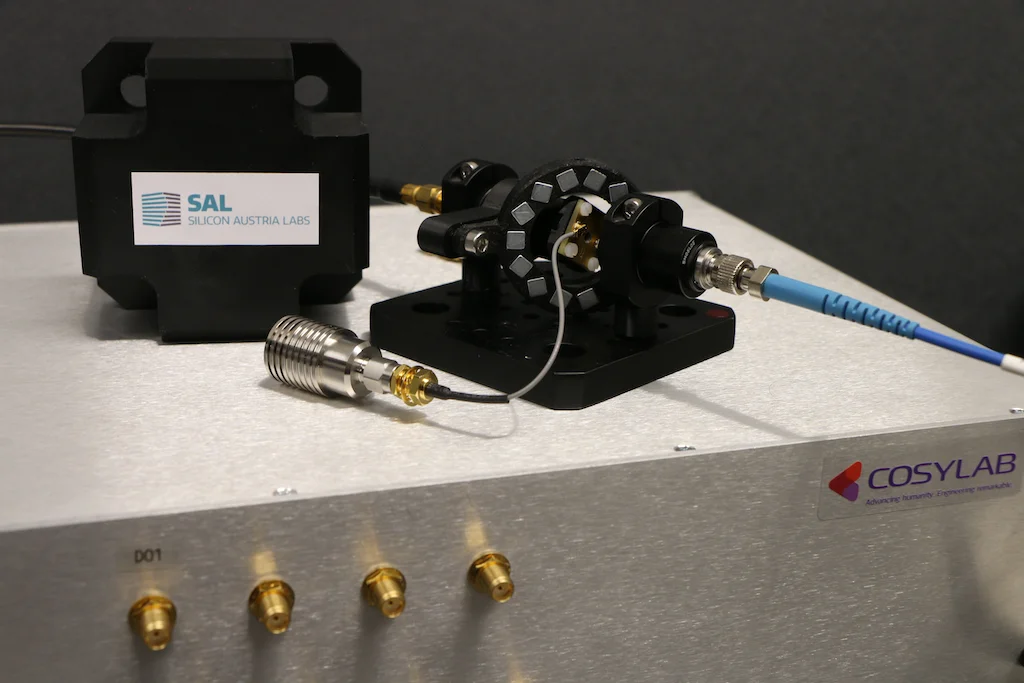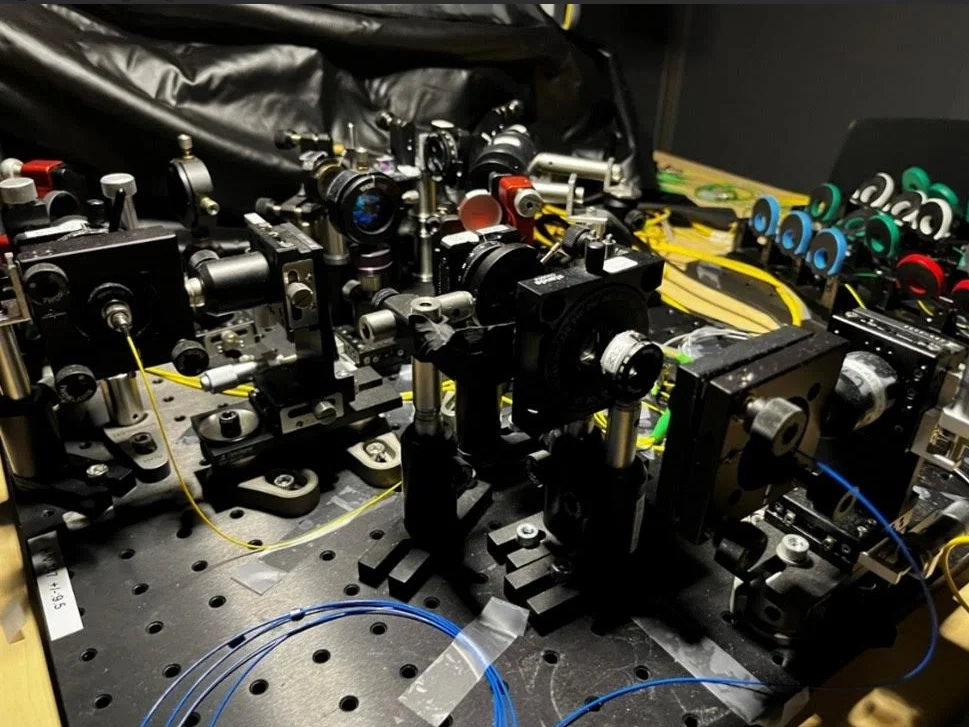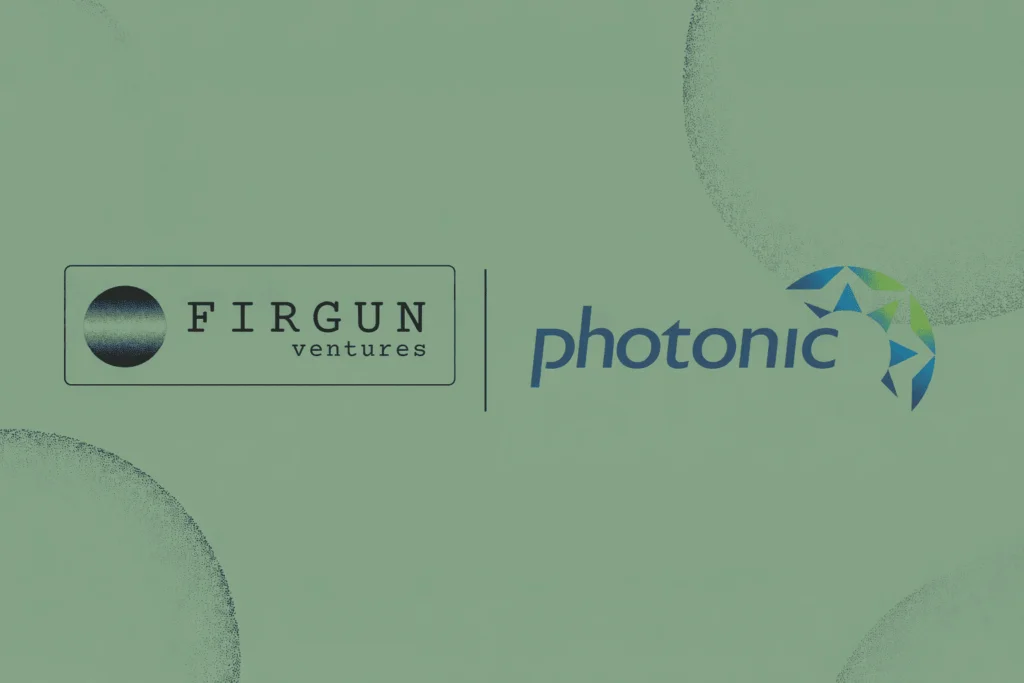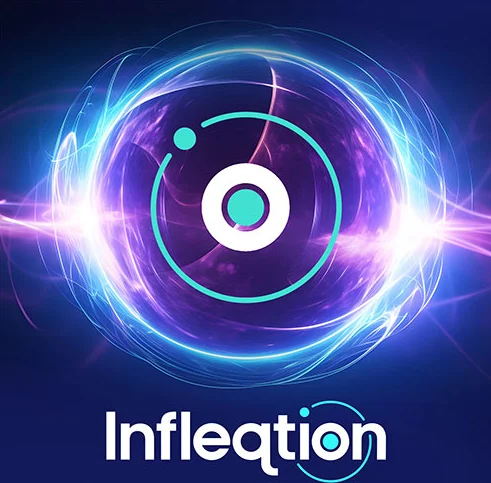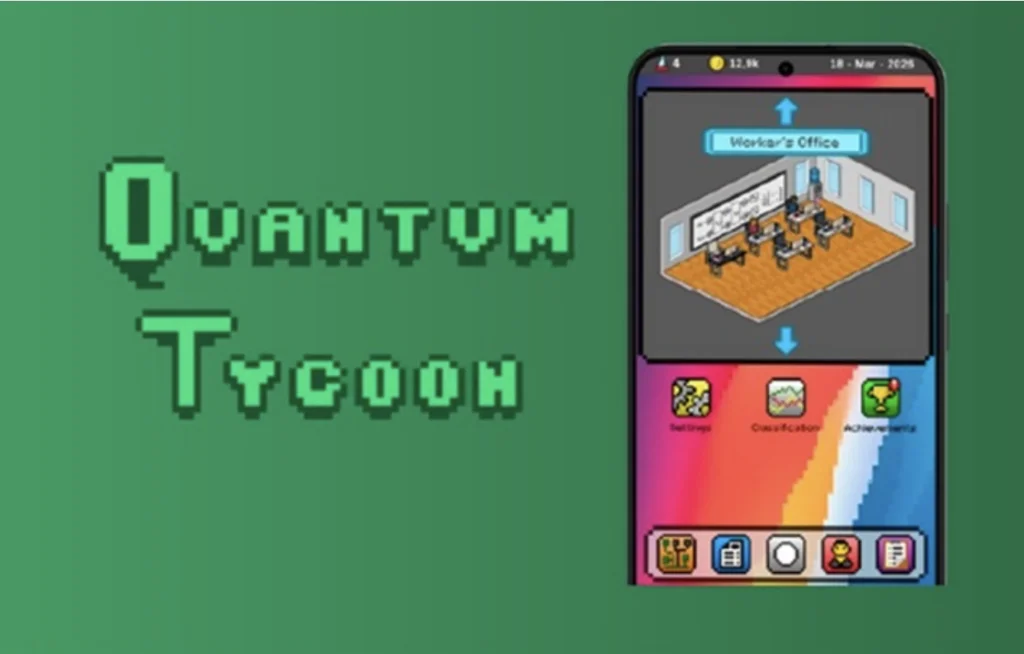Insider Brief
- Aquark Technologies, in partnership with the Royal Navy, successfully demonstrated its cold atom technology on HMS Pursuer, pointing toward potential for precise, GPS-independent positioning, navigation, and timing (PNT) in challenging conditions.
- Aquark’s supermolasses laser-cooling method reduces the need for magnetic fields, making the system compact and energy-efficient, suitable for military and broader applications.
- With €5 million in seed funding from NATO and other defense investors, Aquark aims to advance quantum sensing as an alternative PNT solution, supporting the Royal Navy’s goals for GPS-independent operations.
- Image: Aquark Technologies team
Aquark Technologies, in partnership with the Royal Navy, successfully demonstrated its cold atom technology on HMS Pursuer, highlighting its potential for precise, GPS-independent positioning, navigation, and timing (PNT) in challenging conditions.
Aquark’s supermolasses laser-cooling method reduces the need for magnetic fields, making the system compact and energy-efficient, suitable for military and broader applications.
With €5 million in seed funding from NATO and other defense investors, Aquark aims to advance quantum sensing as an alternative PNT solution, supporting the Royal Navy’s goals for GPS-independent operations.

PRESS RELEASE — UK quantum technology company Aquark Technologies, in partnership with the Office of the Chief of Technology Officer (OCTO) for the Royal Navy, successfully demonstrated the capabilities of its novel cold atom technology on the Royal Navy’s HMS Pursuer vessel. The successful trial proves the robustness of Aquark’s technology for operation in demanding military conditions, unlocking new possibilities in areas such as covert monitoring that require precise signals for accurate positioning, navigation and timing.
Aquark Technologies is dedicated to closing the gap between laboratory research and real-world applications, and completion of these sea trials with the Royal Navy demonstrates clear progress. Aquark’s miniature cold atom systems, founded on Aquark’s unique laser-cooling method, known as supermolasses. This method to generate cold atoms does not need an applied magnetic field, reducing the size, weight, power consumption and cost of their sensors. Due to this robustness and portability, it paves the way for applications across not only the military and defence sectors, but energy, critical infrastructure, telecommunications, and finance.
Overall, the trial was successful with cold atoms being captured continuously throughout every test and at all locations onboard HMS Pursuer. It was conducted in several realistic operating states, manoeuvres, and key locations on the vessel, testing the boat and the system to their limits. The trial highlighted key areas that require further engineering – specifically magnetic shielding – which will be channelled into Aquark’s prototype atomic clock system (AQlock), the UK’s first commercial cold atom clock.
Quantum sensing can power military and defence operations to achieve full performance, even in environments where GPS may be degraded or denied. That’s why Aquark Technologies successfully raised €5 million in seed funding, with investment led by the NATO Innovation Fund and supported by MBDA, an alliance between aerospace and defence specialists Airbus, BAE Systems, and Leonardo. Other investors included UKI2S, managed by Future Planet Capital, the Export and Investment Fund of Denmark (EIFO).
Aquark Technologies Co-Founder and CEO, Andrei Dragomir, said “With this latest trial of our technology at sea with the Royal Navy, we are continuing to show the real-life applications of our technology after our successful flight of the first cold atom device on a drone. The completion of this trial marks an encouraging milestone for the future of quantum technologies
in fields such as defence and infrastructure. Demonstrating these cold atom systems in real-world environments will drive us towards deployable systems. Our goal now is to continue enhancing our technology off the back of these results and with the help of our recent investment to make them ready for real-world use.”
Commander Matthew Steele, Future Technology Lead for OCTO, said, “Quantum technologies being developed in the UK will offer an alternative Position, Navigation and Timing (PNT) capability necessary to operate effectively in GPS denied and degraded environments. Over the next 3 years, the RN seeks to accelerate the development of quantum technologies – such as AQUARK’s – through funding and sea trials, to secure the RN an opportunity to invest in a non GPS-based PNT capability and to maintain its global operating advantage.”








